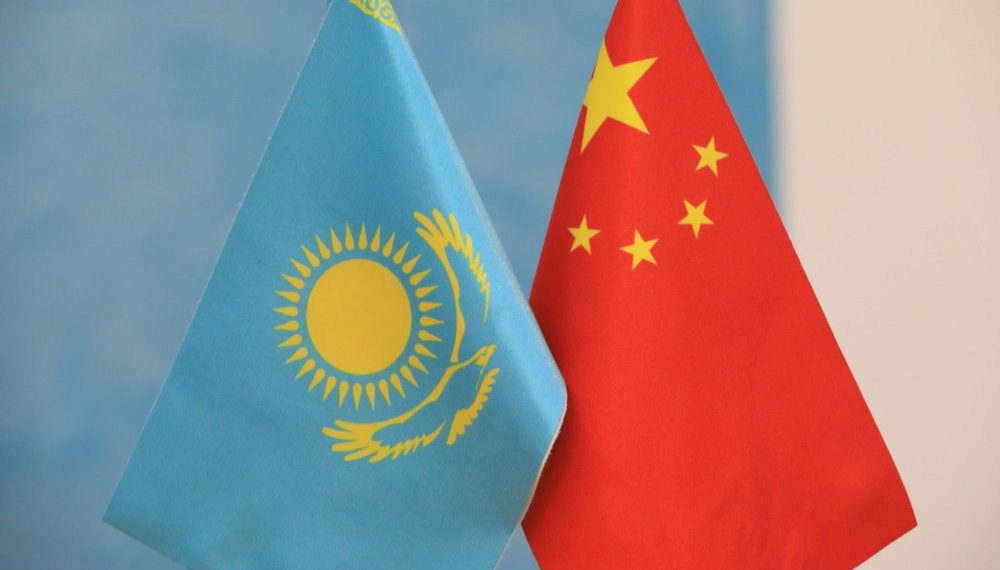Kazakhstan sets record for grain deliveries to China

The easing of the COVID-related sanitary regime at Chinese customs crossings enabled Kazakhstan to quadruple the amount of agricultural goods it exported to the country in 2023 as compared to a year earlier.
The 2.2 million tons, which comprised wheat, barley, soybeans, flax and sunflower seeds, that was sent to China last year was not just significantly more than the 615,000 tons delivered in 2022. It was also a large surge on the previous record of 1.2 million tons recorded in 2019.
Most of the deliveries were carried on freight trains, but around 500,000 tons were transported by road.
The return of the Chinese market has helped the Kazakh farming sector out of a tough spot. As a result of the ongoing quarantine regime in China and payment difficulties experienced by heavily sanctioned Iran, Kazakhstan’s farmers were left almost entirely with neighbors in Central Asia as customers.
China’s purchases extended to Kazakh grain heavily spoiled by adverse weather conditions. Heavy rains last year caused up to 5 million tons of grain to sprout — and only Chinese importers had equipment suitable for processing it.
Yevgeny Karabanov, a representative for the Grain Union of Kazakhstan, a lobby group, is buoyant about China emerging as such a dependable customer.
“China is a huge and solvent market, there are never problems with payment for deliveries to China,” he told the Eldala news site.
Karabanov believes there is potential for greater exports to China. In 2023, China imported 12 million tons of wheat — of that total, 400,000 tons came from Kazakhstan. That could be tripled, Karabanov says.
Experts consider this a real prospect against the backdrop of Kazakhstan’s expanding infrastructure capabilities. The two railway crossings — Dostyk-Alashankou and Altynkol-Khorgos — have the capacity to accommodate much more than is currently going through them. Another line to Dostyk now under construction will be launched in a few years.
The only drawback of developing China as an economic partner, Karabanov said, is the sluggishness of the bureaucratic machine and the people running it.
“We have to maintain constant communication with them and nudge them,” he said. “As soon as those contacts are weakened, we start seeing problems with cargo at their end.”
Read also
Wheat in Southern Brazil Impacted by Dry Weather and Frosts
Oilseed Industry. Leaders and Strategies in the Times of a Great Change
Black Sea & Danube Region: Oilseed and Vegoil Markets Within Ongoing Transfor...
Serbia. The drought will cause extremely high losses for farmers this year
2023/24 Safrinha Corn in Brazil 91% Harvested
Write to us
Our manager will contact you soon



